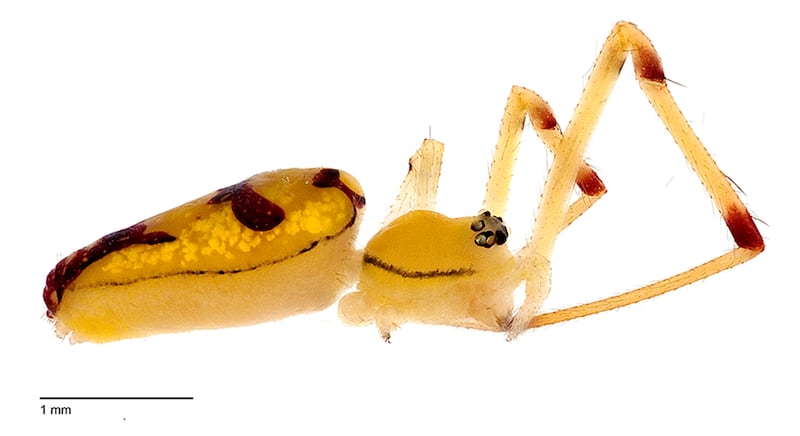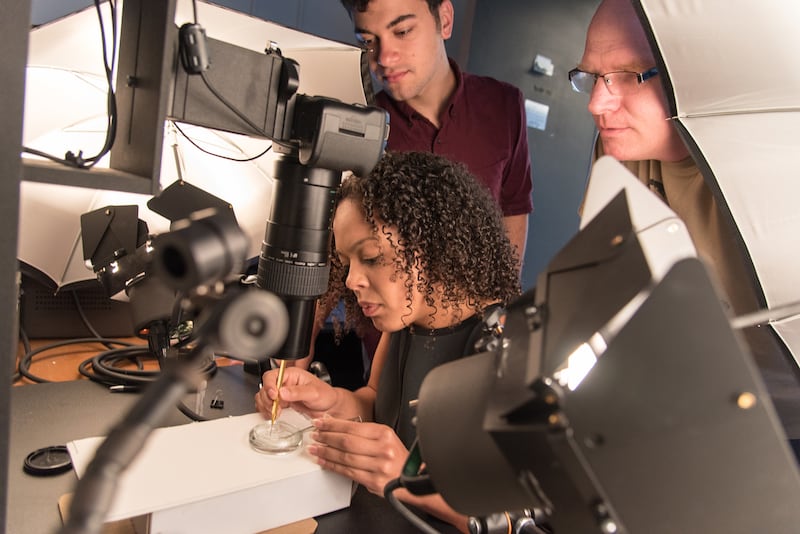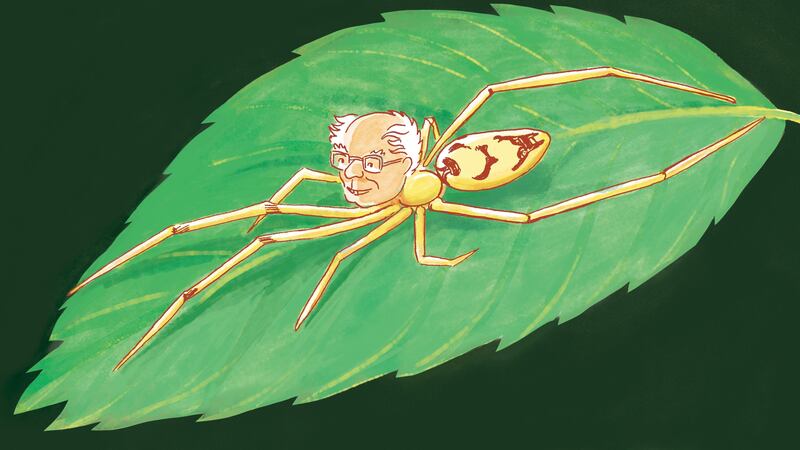A group of scientists at Vermont University have named a spider after their beloved state senator, Bernie Sanders.
They discovered 15 new species of the “smiley-faced” Spintharus spider, which were previously believed to be one species living in countries from North America down to Northern Brazil.
But biology prefessor Ingi Agnarsson and his team found that each spider is endemic to each country, including Jamaica, Cuba and Puerto Rico, and were separate species, so needed individual names.
Despite sharing a similar smiley faced pattern on their abdomens, analysis showed the species haven’t interbred for million of years.

Professor Agnarsson said he and his undergraduate students wanted to name them to honour “people who stood up for both human rights and warned about climate change”, leading to one of the species being called Spintharus berniesandersi.
And Sanders wasn’t the only politician given a spider counterpart – the scientists christened another two Spintharus barackobamai and S. michelleobamaae.
And you can’t have a new scientific naming ceremony without Sir David Attenborough making an appearance – one has been called S. davidattenboroughi.

Another was named after Leonardo DiCaprio, partly due to his environmental work, as well as one of the undegraduates, Chloe Van Patten, having a high school “crush” on the actor.
“I named a spider after him hoping that if he read our study he might go out to dinner with me and talk about climate change,” she said.
Their paper has been published in the Zoological Journal of the Linnean Society.








